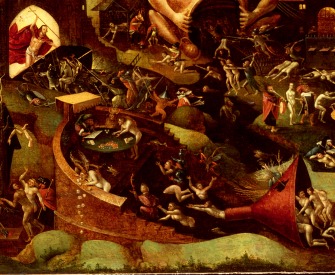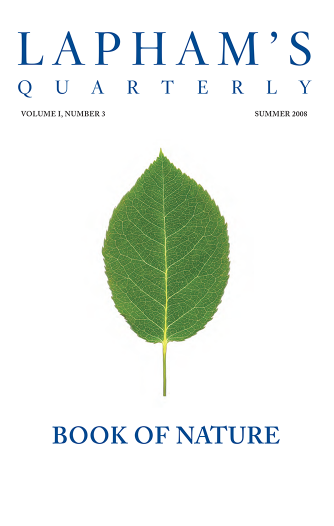[Bottom wakes.]
Bottom: When my cue comes, call me, and I will answer. My next is “Most fair Pyramus.” Heigh ho! Peter Quince? Flute the bellowsmender? Snout the tinker? Starveling? God’s my life! Stolen hence and left me asleep! I have had a most rare vision. I have had a dream, past the wit of man to say what dream it was. Man is but an ass if he go about to expound this dream. Methought I was—there is no man can tell what. Methought I was—and methought I had—but man is but a patched fool if he will offer to say what methought I had. The eye of man hath not heard, the ear of man hath not seen, man’s hand is not able to taste, his tongue to conceive, nor his heart to report what my dream was! I will get Peter Quince to write a ballad of this dream; it shall be called “Bottom’s Dream,” because it hath no bottom; and I will sing it in the latter end of a play, before the Duke. Peradventure, to make it the more gracious, I shall sing it at her death.
From A Midsummer Night’s Dream. The weaver Nick Bottom—one of the six craftsmen in the play—is believed to have been inspired by a townsman Shakespeare met in an inn in the village of Grendon. “The effort at translation is too great, and he abandons it. But the effort has been made,” writes Harold Bloom of Bottom’s abortive attempt to interpret his dream. The attempt, however, “lifts the role from clownishness to greatness. At least it does if the actor lets it.”
Back to Issue


